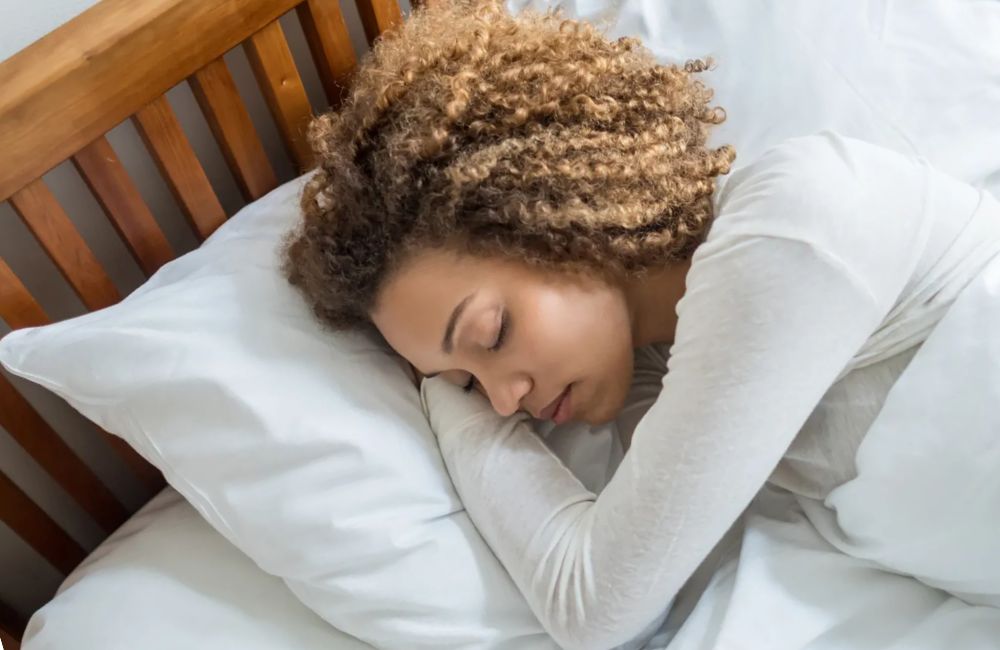You may have difficulty getting a good night’s rest due to a variety of sleep disorders such as narcolepsy and insomnia. These disorders can affect your mental health, weight, performance at school, work, or school, as well as your physical health.
There are many treatment options available for the sleep-wake disorder. Your healthcare provider will help you choose the right one. These include medications, behavioral and psychotherapeutic treatments, as well as complementary and alternative therapies.
Behavioral/Psychotherapeutic Approaches
To help with insomnia, there are many behavioral and psychotherapeutic options. These include biofeedback, cognitive behavior therapy (CBT), hypnosis and meditation.
CBT is a method that helps people identify and change their thoughts and beliefs that contribute to sleep problems. These could include a negative perception of sleep, anxiety over past experiences with sleeplessness, and unrealistic expectations regarding the quality and time of sleep.
Biofeedback, a type of psychological therapy, can help patients suffering from insomnia. It monitors brain waves and other physiological processes. They can learn to meditate and relax.
Behavioral treatments for sleep-wake rhythm disorders are still in their infancy. Only a few cases have report in which the rhythm was altered behaviorally. The results of these were performe in hospitals over several weeks.
Medications
Many medications have show to be effective in treating insomnia. These medications are temporary and can be used to restore normal sleep patterns. They do not interfere with daytime function.
Modalert or Waklert can prescribe to treat sleep disorders. Modafinil, such as Modalert 200 has some effectiveness in treating sleeping disorders. Narcolepsy refers to a sleep disorder that causes excessive sleepiness during the day and uncontrollable episodes when you fall asleep. Narcolepsy is often treat with stimulants like modafinil or armodafinil. Waklert 150 is used for narcolepsy-related excessive sleepiness.
The integrated treatment of sleep disorders can include medication and behavioral strategies.
Complementary/Alternative Approaches
Sometimes, alternative or complementary approaches can use to supplement or supplant conventional sleep medicine treatments. Meditation, mindfulness, yoga, and biofeedback are just a few examples.
Other than the abovementioned cognitive-behavioral, behavioral, and other treatment options, alternative and complementary modalities in sleep medicine are under evaluation. These include stimulation control, biofeedback, and relaxation training. Biofeedback is a technique that monitors the frontal electromyography activity of a patient’s arm. This allows the device to detect muscle tension and generate an auditory feedback signal that instructs the patient to reduce stress levels by changing their breathing tone.
Surgery
Our mental and physical health is dependent on our sleep. Sleep disturbances can cause psychological and physical problems such as depression, anxiety, and autoimmune diseases.
You have a variety of medical options that can use to treat sleep-wake disorder. If you are not responding to other treatments, or if the condition is severe, surgical treatment might be an option.
If you are unsure, your surgeon or doctor will discuss the potential side effects and risks of surgery.
Surgery involves the removal or penetration of tissues. However, most surgeries are performed with small instruments. The instruments are usually sterilized by steam, pressure, or chemically.
It can be life-altering, so it is important to prepare as much as you can. Optimizing your health before surgery will help you get better faster and will reduce your hospital stay. This will also improve your overall outcome.






